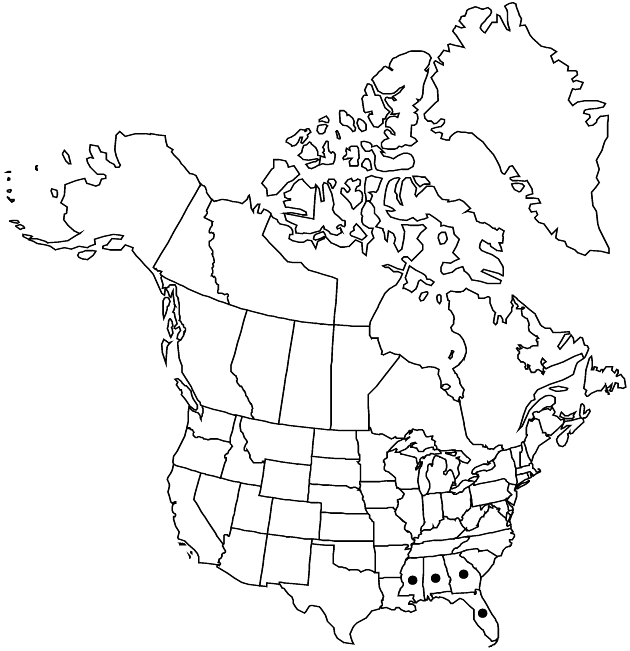Difference between revisions of "Eupatorium petaloideum"
Bull. Torrey Bot. Club 24: 492. 1897.
FNA>Volume Importer |
imported>Volume Importer |
||
| (One intermediate revision by the same user not shown) | |||
| Line 8: | Line 8: | ||
}} | }} | ||
|common_names=Showy white thoroughwort | |common_names=Showy white thoroughwort | ||
| + | |special_status={{Treatment/ID/Special_status | ||
| + | |code=E | ||
| + | |label=Endemic | ||
| + | }} | ||
|basionyms= | |basionyms= | ||
|synonyms={{Treatment/ID/Synonym | |synonyms={{Treatment/ID/Synonym | ||
| Line 50: | Line 54: | ||
|publication title=Bull. Torrey Bot. Club | |publication title=Bull. Torrey Bot. Club | ||
|publication year=1897 | |publication year=1897 | ||
| − | |special status= | + | |special status=Endemic |
| − | |source xml=https:// | + | |source xml=https://bitbucket.org/aafc-mbb/fna-data-curation/src/2e0870ddd59836b60bcf96646a41e87ea5a5943a/coarse_grained_fna_xml/V19-20-21/V21_1179.xml |
|tribe=Asteraceae tribe Eupatorieae | |tribe=Asteraceae tribe Eupatorieae | ||
|genus=Eupatorium | |genus=Eupatorium | ||
Latest revision as of 20:08, 5 November 2020
Perennials, 30–70 cm. Stems (from short, stout rhizomes) single, branched distally, puberulent. Leaves usually opposite (distal sometimes alternate); sessile; blades pinnately nerved, elliptic to ovate, 20–80 × 10–30 mm, bases cuneate, margins serrate to crenate-serrate, apices rounded to acute, faces sparsely villous (abaxial), glabrate (adaxial), little, if at all, gland-dotted. Heads in corymbiform arrays. Phyllaries 9–15 in 2–4 series, linear, 4–10 × 0.6–1 mm, apices (white) acuminate to attenuate, strongly mucronate, abaxial faces glabrous, not gland-dotted. Florets (4–)5; corollas 3–3.5 mm. Cypselae 2.5–3 mm; pappi of 40–50 bristles 3.5–4 mm. 2n = 20.
Phenology: Flowering Jul–Sep.
Habitat: Upland scrub oak and longleaf pinewoods, fine textured, loamy soils
Elevation: 20–100+ m
Distribution

Ala., Fla., Ga., Miss.
Discussion
Eupatorium petaloideum is commonly combined with E. album; it has recently been separated as a distinct variety. V. I. Sullivan (1972) found the two taxa to be distinct chemically and to occupy different habitats. In both, the involucral bracts are white and long-acuminate or mucronate; those of E. petaloideum are almost entirely devoid of any pubescence including glands and those of E. album have both simple and glandular hairs.
Selected References
None.